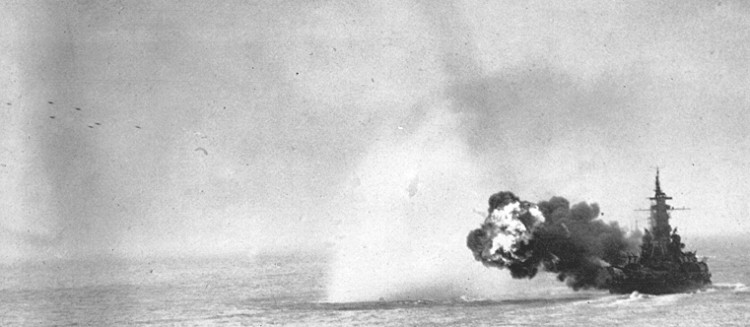Exactly. The Germans (and British) had TONS of time to spot transiting ships and get their aircraft into the air before the ships were out of range. Within a month of D-day the allies took many of the French airfields back and the Channel became far safer for Allied ships.
Keep in mind small warships regularly operated in the channel. The most famous was the Channel Dash where the Scharnhorst, Gneisenau, Prinz Eugen and escorts successful ran the Channel even though they were under constant attack from British aircraft, coastal guns, MTBs, submarines and destroyers. Mines did most of the damage. Although many ships received some damage, the German fleet got through intact, whereas the British lost several small ships, a destroyer was badly damaged and 40+ aircraft.








